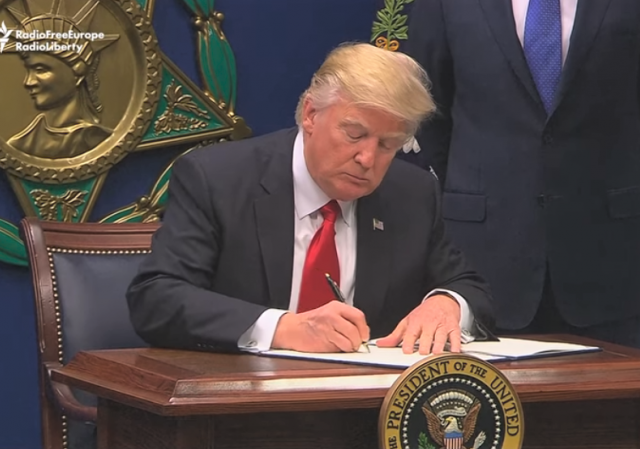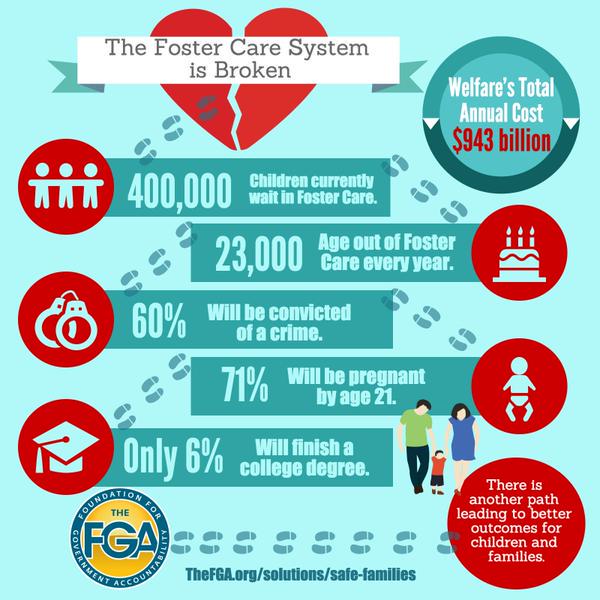The economy of Greece has been a disaster for years due to massive entitlement and pension programs. Decades of overspending finally caught up with the Greek government in 2010, when their financial system nearly collapsed.
Other countries in the European Union, notably Germany, loaned Greece billions on the condition that Greece would impose austerity measures; those measures eventually produced small results at a slower rate than expected.
Frustrated with austerity and cuts to benefits, the people of Greece recently elected a new prime minister from the far left Syriza party named Alexis Tsipras.
Tsipras won by promising to end the pain of austerity and to renegotiate Greece's debt, which means that the people of Greece have forgotten what caused their problem in the first place.
Nicholas Paphitis of the
Associated Press via ABC News writes:
Greece's First Radical Left Prime Minister Sworn In
Tieless and eschewing the traditional religious swearing-in ceremony, but with a surprise coalition deal in the bag and a sanguine international reception, radical left leader Alexis Tsipras took over Monday as austerity-wracked Greece's new prime minister.
Hours earlier, the 40-year-old's Syriza party trounced the outgoing, conservative government in Sunday's national elections, on a platform of easing social pain and securing massive debt forgiveness.
Although Syriza fell tantalizingly short of a governing majority in the 300-seat parliament, Tsipras moved quickly Monday to secure the support of 13 lawmakers from the small, right-wing populist Independent Greeks party, raising his total to 162.
"''We have the required majority," Tsipras told Greek President Karolos Papoulias, shortly before being sworn in as prime minister, the youngest Greece has seen in 150 years and the first incumbent to take a secular oath rather than the religious one customarily administered by a Greek Orthodox official.
Fans of Tsipras are celebrating, but his victory presents a whole new set of problems.













